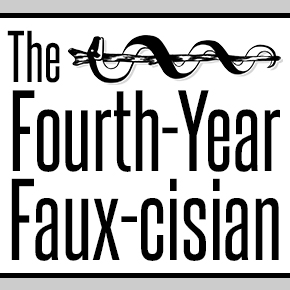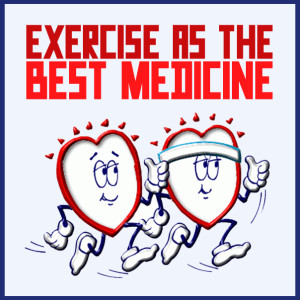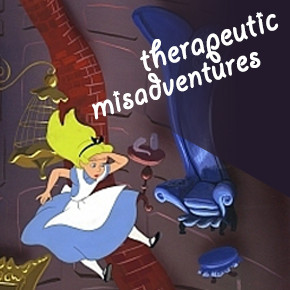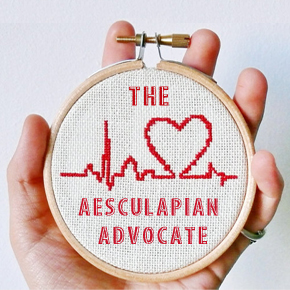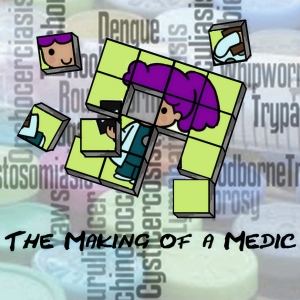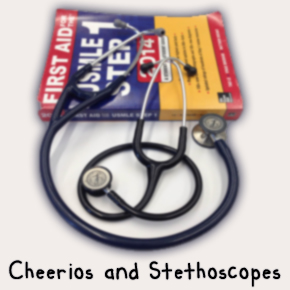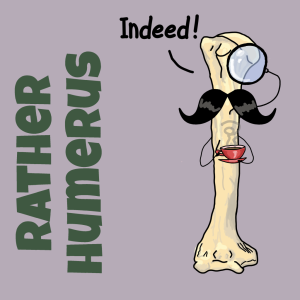Street Medicine
A torrential thunderstorm forced nearly the entire homeless population of Tampa Heights out from under their tents and awnings in favor of the more generous cover of a highway overpass. It was the closest Tampa had come to a publicly funded homeless shelter.







